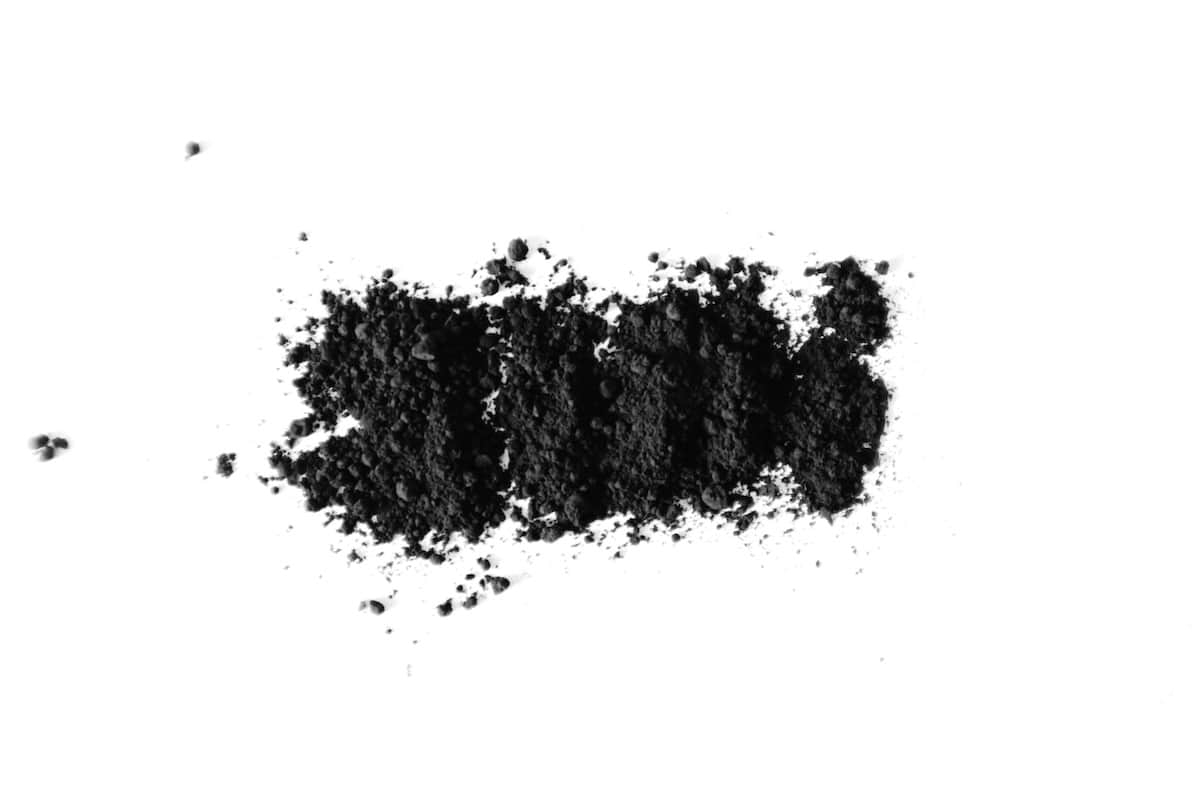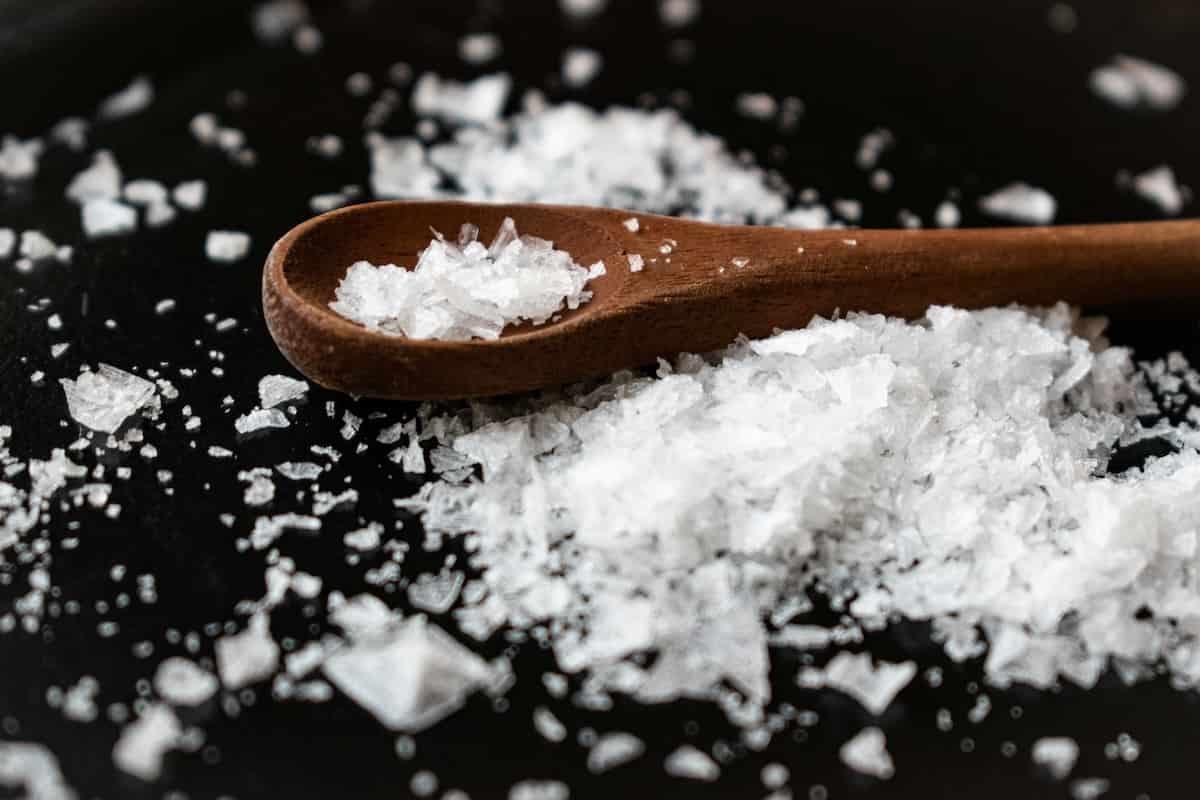Last update: November 4, 2025
3 minute read
Does Creatine Expire? What You Should Know Before You Scoop
Ever wonder if that tub of creatine in your pantry is still good? Here’s what science says about expiration, shelf life, and how to keep your creatine fresh.

By Derick Rodriguez, Associate Editor
Edited by Yerain Abreu, M.S.

Ever found an old tub of creatine in your cabinet and thought, “Is this still safe to use?” You’re not alone.
Creatine is one of the most popular supplements for muscle strength and performance, but it’s also one of those powders that seems to last forever. The truth is, creatine does expire, but not in the same way milk or protein shakes do.
In this post, we’ll break down how long creatine actually lasts, how to spot if it’s gone bad, and whether using expired creatine affects your results.
Key takeaways
- Creatine doesn’t spoil easily; pure creatine monohydrate is stable for years when stored properly.
- Moisture is the enemy; clumping or discoloration usually means water got in
- Store it right; keep it dry, cool, and tightly sealed to maintain quality
What does it mean when creatine “expires”?
Every supplement comes with an expiration date for regulatory reasons, but with creatine, it’s mostly about potency, not safety.
Creatine monohydrate, the most studied and stable form, can last up to three years beyond its printed date if stored correctly. After that, it can slowly degrade into creatinine, a byproduct that doesn’t provide energy benefits to your muscles.
That said, this breakdown happens gradually, and even older creatine is unlikely to cause harm; it just won’t perform as well.
VitaRx Tip
If your creatine has no smell, looks like fine white powder, and mixes normally, it’s probably fine to use.
How long does creatine last after opening?
Once opened, creatine can still last 1–2 years as long as you protect it from moisture. The real problem isn’t time—it’s humidity.
When exposed to water, creatine can clump or convert faster into creatinine. That’s why you’ll often see “store in a cool, dry place” printed on the label.
Storage checklist:
- Always use a dry scoop.
- Avoid storing it in bathrooms or kitchens.
- Keep the lid tightly sealed after every use.
- Store below 80°F (27°C).

Does expired creatine still work?
Probably, just not as well. If you’re a few months past the date, there’s little to worry about. But if it’s been a couple of years and it’s lumpy, brownish, or smells odd, it’s better to toss it.
Expired creatine isn’t dangerous, but since the degraded product (creatinine) doesn’t help produce ATP, the main energy currency your muscles use, you’ll likely see less strength and recovery benefit.
VitaRx Tip
If you want maximum effectiveness, consider switching to micronized creatine monohydrate; it dissolves better and tends to stay stable longer.
Can flavored or mixed creatine go bad faster?
Yes. When creatine is blended with flavors, sweeteners, or electrolytes, those extra ingredients can shorten its shelf life.
Liquids, in particular, are a no-go; creatine mixed in water or juice starts breaking down into creatinine within hours.
Rule of thumb:
- Powdered creatine: lasts for years.
- Premixed or liquid creatine: use immediately.
Table: Shelf life comparison
Type of Creatine | Typical Shelf Life | Notes |
|---|---|---|
Pure creatine monohydrate | 2–3 years | Most stable and long-lasting |
Micronized creatine | 2–3 years | Finer texture, dissolves better |
Flavored powder | 1–2 years | Check for sugar or citric acid |
Liquid creatine | Hours–days | Degrades quickly once mixed |
Frequently asked questions (FAQ)
Here are some of the most frequently asked questions about creatine.
Final thoughts
Creatine isn’t fragile; it’s one of the most stable and dependable supplements out there. But like anything, it has limits. Keep it dry, keep it sealed, and don’t panic if it’s a few months past date. Your muscles won’t notice the difference.
If you’re serious about your wellness routine, knowing when your supplements actually matter (and when they don’t) saves money and stress. Personalized packs like VitaRx make it easier to stay consistent, with exactly what your body needs, nothing more.
Sources and references
Editor

Derick Rodriguez
Derick Rodriguez focuses on editing health and wellness-related content. With over half a decade of experience in the digital realm, Derick has developed a unique skill set that bridges the gap between complex health concepts and accessible, user-friendly communication. His approach is deeply rooted in leveraging personal experiences and insights to illuminate the nuances of health and wellness topics, making them more approachable and empowering readers with knowledge and confidence.
Editor

Yerain Abreu
Yerain Abreu is a content strategist with over seven years of experience. He earned a Master's degree in digital marketing from Zicklin School of Business. He focuses on medical and health-related content, working with top healthcare professionals to ensure content is engaging and reliable.
At VitaRx, we're not just passionate about our work — we take immense pride in it. Our dedicated team of writers diligently follows strict editorial standards, ensuring that every piece of content we publish is accurate, current, and highly valuable. We don't just strive for quality; we aim for excellence.
Related posts
While you're at it, here are some other relevant articles you might be interested in.

Get your personalized vitamin recommendations in less than
5 minutes.
Get your personalized vitamin recommendations in less than
5 minutes.






